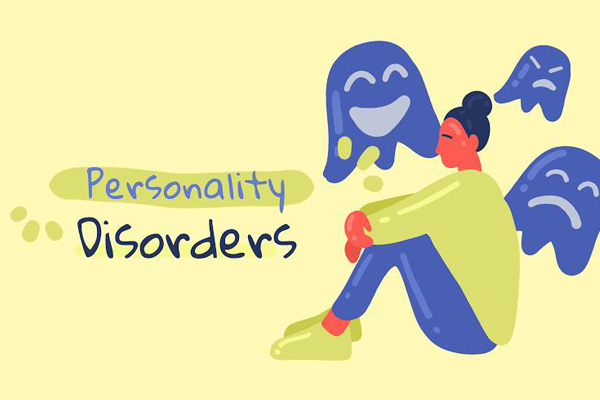Personality disorders are a group of mental health conditions characterized by long-standing patterns of behaviour, thoughts, and emotions that deviate significantly from cultural expectations and cause distress or impairment in functioning. Let's explore the causes, Types, symptoms, and treatment options for personality disorders.
The exact causes of personality disorders are not fully understood. However, several factors may contribute to their development, including.
There may be a genetic predisposition to certain personality traits or vulnerabilities that increase the risk of developing a personality disorder.
Childhood experiences, such as trauma, abuse, neglect, inconsistent parenting, or unstable relationships, may play a role in the development of personality disorders.
Certain brain abnormalities or imbalances in neurotransmitters may influence the development of personality disorders.

Personality disorders are characterized by enduring patterns of behavior and inner experiences that lead to significant distress or impairment. The specific symptoms vary depending on the type of personality disorder, but some common symptoms include.
There are several types of personality disorders recognized by the Diagnostic and Statistical Manual of Mental Disorders (DSM-5). These types are grouped into three clusters based on similar characteristics. Here are the types of personality disorders within each cluster.